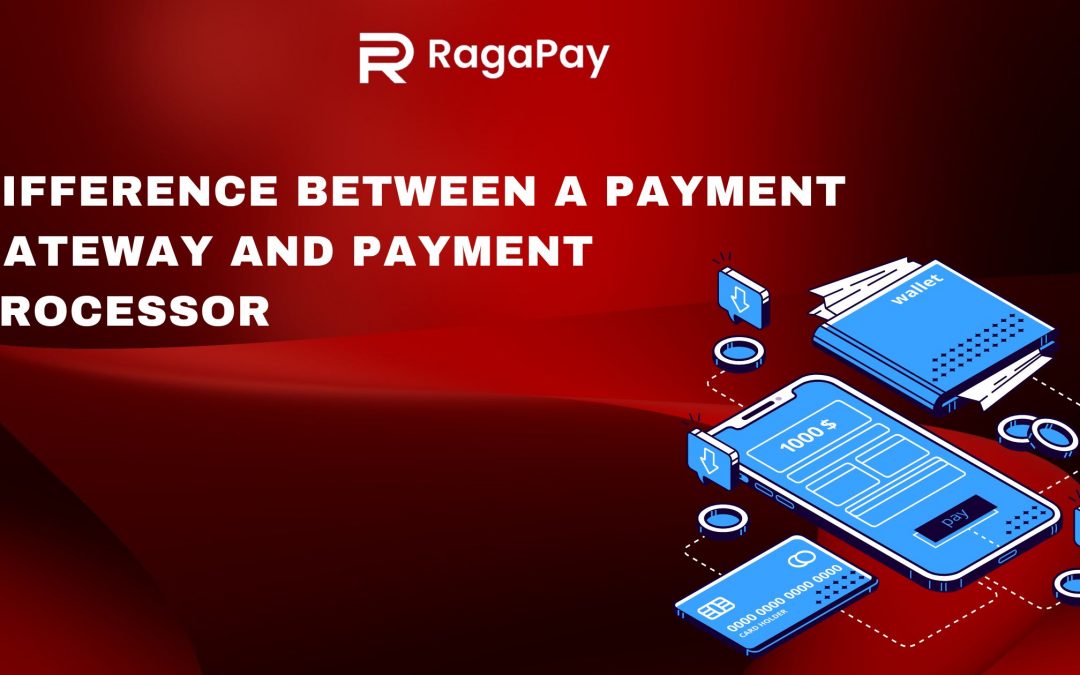Introduction
In today’s digital age, more and more businesses are transitioning to online commerce, and electronic payments are becoming the preferred method of payment for many consumers. However, with the increase in electronic payments comes the need for robust and secure payment processing systems. Payment gateway and payment processor are two critical components of the electronic payment process that work together to facilitate online transactions.
Payment Gateway
A payment gateway is a software application that enables online merchants to accept and process electronic payments securely. It acts as an interface between the merchant’s website and the payment processor, facilitating the transfer of payment information from the customer to the payment processor.
Payment gateways are typically hosted by third-party providers, and they offer several essential services to merchants, including:
Authorization: Payment gateways are responsible for authorizing transactions, ensuring that the customer has sufficient funds in their account to complete the transaction.
Encryption: Payment gateways use encryption technology to protect sensitive payment information, such as credit card numbers and personal information, from unauthorized access.
Integration: Payment gateways can be integrated into the merchant’s website to allow for seamless payment processing.
Reporting: Payment gateways provide real-time transaction reporting to merchants, allowing them to monitor and track payment activity.
Payment Processor
A payment processor is a financial institution that provides the back-end processing services required to complete a payment transaction. Payment processors play a crucial role in the electronic payment process by verifying the customer’s payment information, authorizing the transaction, and transferring funds from the customer’s account to the merchant’s account. Payment processors also provide fraud detection and prevention services to protect both the merchant and the customer from fraudulent transactions.
The key services provided by payment processors include:
Authorization: Payment processors are responsible for authorizing transactions and ensuring that the customer has sufficient funds in their account to complete the transaction.
Settlement: Payment processors transfer funds from the customer’s account to the merchant’s account, completing the payment transaction.
Fraud Detection: Payment processors use sophisticated fraud detection tools to identify and prevent fraudulent transactions.
Reporting: Payment processors provide detailed reporting on payment activity, allowing merchants to monitor and track transaction activity.
Differences between Payment Gateway and Payment Processor
While payment gateway and payment processor are both essential components of the electronic payment process, there are several key differences between the two.
Functionality: Payment gateways are responsible for securely transmitting payment information from the customer to the payment processor, while payment processors are responsible for completing the payment transaction by transferring funds from the customer’s account to the merchant’s account.
Ownership: Payment gateways are typically owned and operated by third-party providers, while payment processors are typically owned and operated by financial institutions.
Integration: Payment gateways can be easily integrated into the merchant’s website, while payment processors require a more complex integration process.
Security: Both payment gateways and payment processors use encryption technology to protect sensitive payment information. However, payment processors typically offer more advanced fraud detection and prevention services.
Conclusion
In conclusion, payment gateways and payment processors are critical components of the electronic payment process. Payment gateways act as an interface between the merchant’s website and the payment processor, facilitating the transfer of payment information from the customer to the payment processor. Payment processors, on the other hand, provide the back-end processing services required to complete the payment transaction.
While both payment gateways and payment processors play a vital role in the electronic payment process, there are significant differences between the two. Payment gateways are typically owned and operated by third-party providers like Ragapay and are responsible for securely transmitting payment information, while payment processors are typically owned and operated by financial institutions and are responsible for completing the payment transaction by transferring funds from the customer’s account to the merchant’s account.

